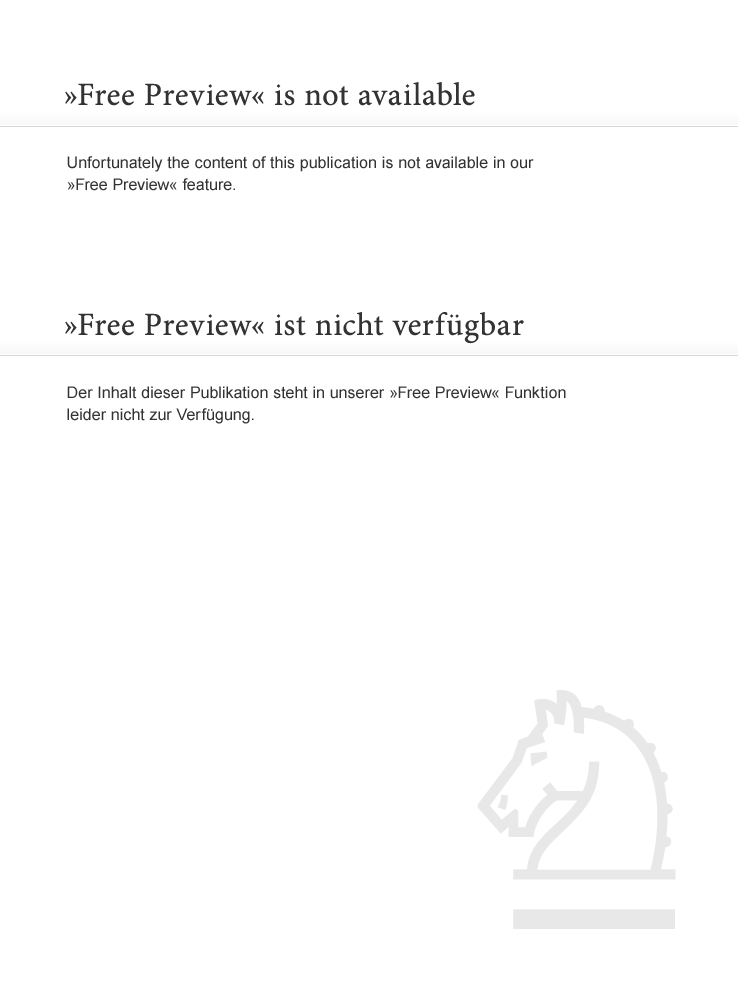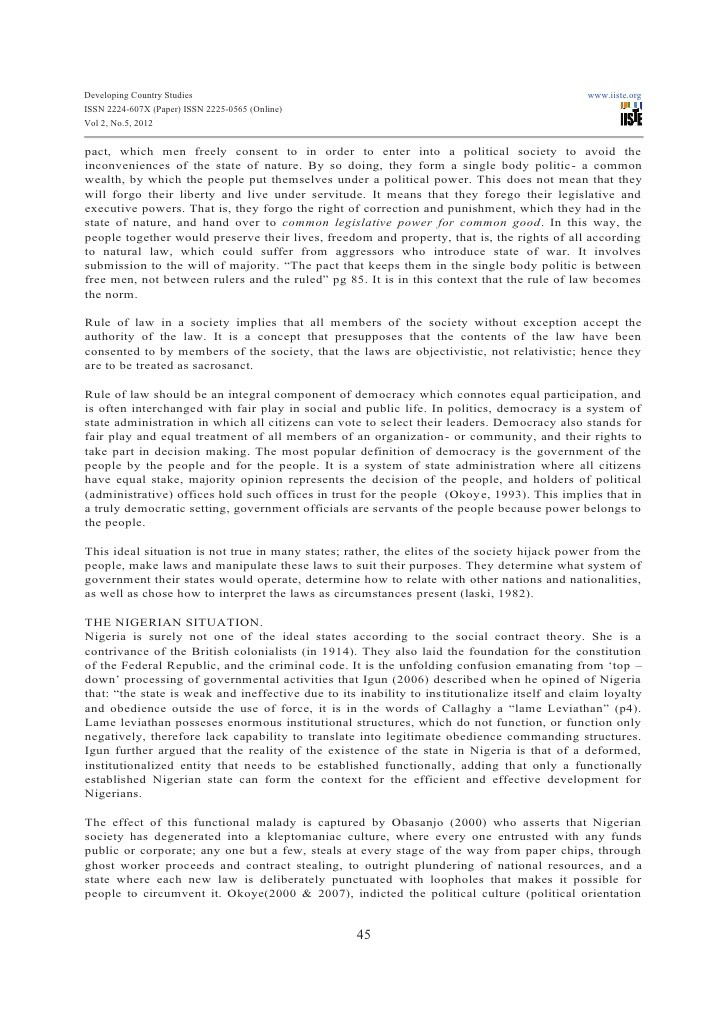Politics of foreign direct investment into developing countries
Post on: 16 Март, 2015 No Comment

One theory for how to best help developing countries is to increase their inward flow of foreign direct investment (FDI). However, identifying the conditions that best attract such investment flow is difficult, since foreign investment varies greatly across countries and over time. Knowing what has influenced these decisions and the resulting trends in outcomes can be helpful for governments, non-governmental organizations, businesses, and private donors looking to invest in developing countries.
A 2008 study from scholars at Duke University and Princeton University published in the American Journal of Political Science. The Politics of Foreign Direct Investment into Developing Countries: Increasing FDI through International Trade Agreements (PDF), examines trends in FDI from 1970 to 2000 in 122 developing countries to assess what the best conditions are for attracting investment.
The studys findings include:
- Countries that had higher rates of participation in international trade institutions (for example, the World Trade Organization) saw a 9% to 10% boost in FDI.
- Signatories of Bilateral Investment Treaties experienced an average 11.1% increase in FDI.
- For each increase in the level of measures of political instability, countries FDI was reduced by an average of 2.6%.
- Each level of reduced domestic political constraints was associated with an average 5.5% increased foreign investment.

The study found the major contributing factor to increasing FDI flow was internal policy reform relating to trade openness and participation in international trade agreements and institutions. The researchers conclude that, while “democracy can be conducive to international cooperation,” the strongest indicator for higher inward flow of FDI for developing countries was the number of trade agreements and institutions to which they were party.
Tags: poverty
Writer: Rozanne Larsen | March 10, 2011
Citation: Buthe, Tim, et al. The Politics of Foreign Direct Investment into Developing Countries: Increasing FDI through International Trade Agreements, American Journal of Political Science, September, 2008, Volume 52, Issue 4, PDF.
Analysis assignments
- Summarize the study in fewer than 40 words.
- Express the study’s key term(s) in language a lay audience can understand.
- Evaluate the study’s limitations. (For example: Do the results conflict with those of other reliable studies? Are there weaknesses in the study’s data or research design?)
- If you were to rewrite the article based on knowledge of the study, what key changes would you make?
- Write a lead (or headline or nut graph) based on the study.
- Spend 60 minutes exploring the issue by accessing sources of information other than the study. Write a lead (or headline or nut graph) based on the study but informed by the new information. Does the new information significantly change what one would write based on the study alone?
- Interview two sources with a stake in or knowledge of the issue. Be prepared to provide them with a short summary of the study in order to get their response to it. Write a 400-word article about the study incorporating material from the interviews.
- Spend additional time exploring the issue and then write a 1,200-word background article, focusing on major aspects of the issue.














